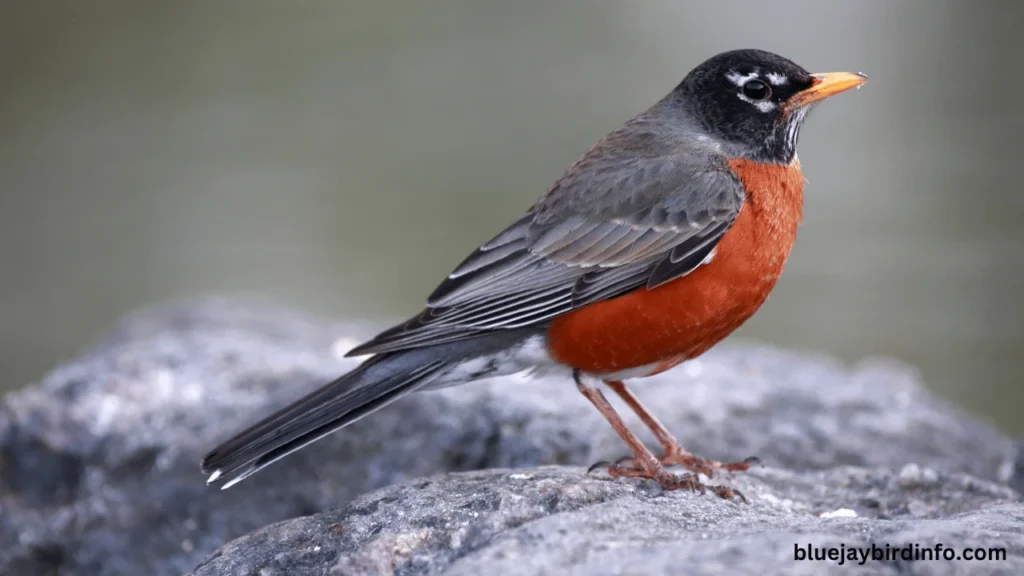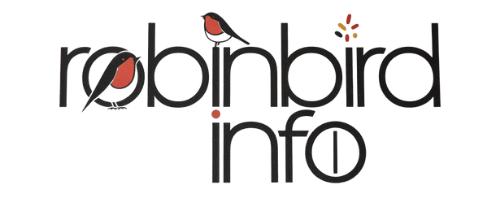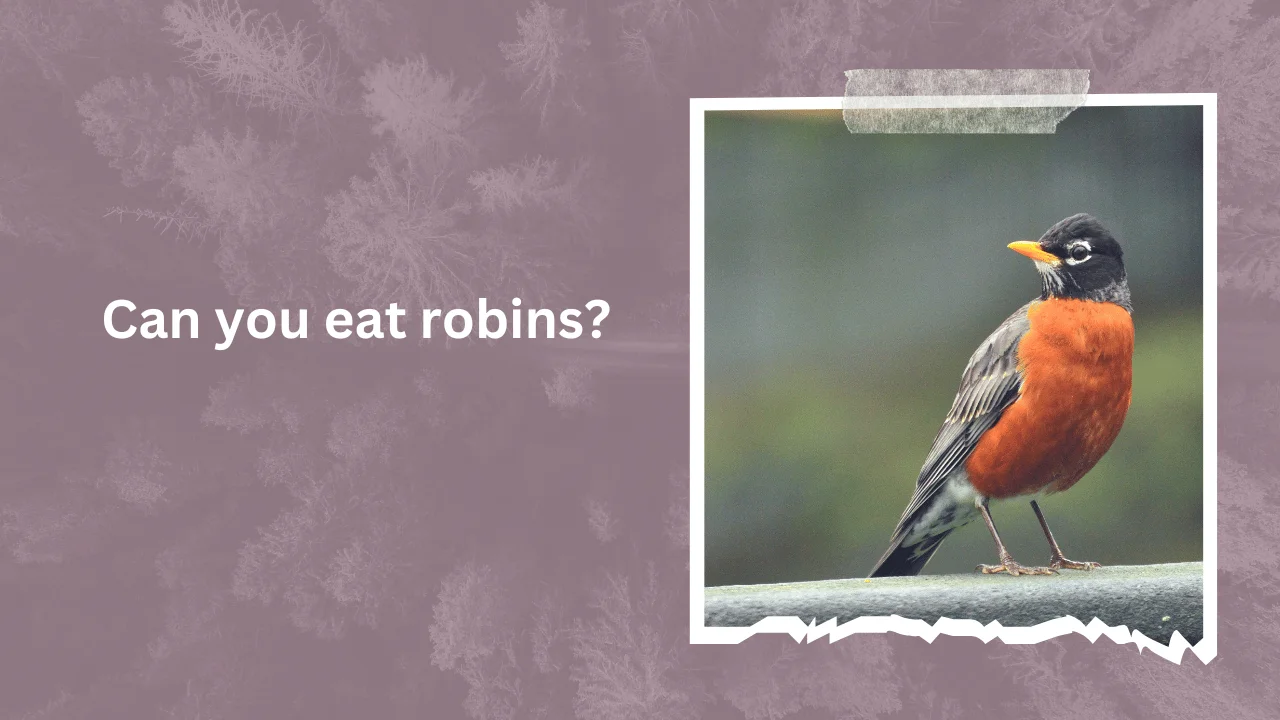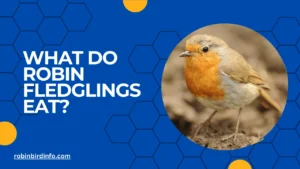Ever heard that cheerful melody, the one that makes you think of spring sunshine and lively little birds?
You know it, the classic tune “Rockin’ Robin.” But here’s a question that might not have crossed your mind: Have you ever wondered if those same robins that grace our backyards and serenade us with their songs could end up on our dinner plates?
Now, before you envision a gourmet recipe featuring roasted robin (relax, we’re not advocating for that!), this question sparks a fascinating conversation about the legalities, ethics, and even the health risks associated with consuming wild birds.
This blog post isn’t about encouraging you to become an avian chef. Instead, we’ll delve into the surprising world of bird consumption, exploring the reasons why robins (and most wild birds) are generally off-limits.
We’ll also explore some interesting historical tidbits about bird consumption and discuss sustainable and healthy alternative protein sources. So, buckle up and get ready for a feathery informative journey (without the actual feathers on your plate)!
Contents
- 1 Legal and Ethical Considerations
- 2 Health Risks
- 3 Nutritional Value
- 4 Historical and Cultural Perspectives
- 5 Alternatives to Eating Robins
- 6 Conclusion
- 7 FAQ’s
- 7.0.1 Is it illegal to eat a Robin in the United States?
- 7.0.2 Are there any cultures that traditionally eat birds?
- 7.0.3 What are the health risks associated with eating wild birds?
- 7.0.4 Are there any ethical concerns about eating wild birds?
- 7.0.5 What are some sustainable and ethical food choices?
- 7.0.6 Can I keep a Robin as a pet?
Legal and Ethical Considerations
Wildlife Protection Laws make it illegal to hunt or consume many bird species, including Robins, in most countries. These laws are in place to protect bird populations and maintain ecological balance.
Ethical concerns surrounding the consumption of wild animals, including birds, often center around animal welfare and environmental impact. Hunting wild birds can disrupt ecosystems and potentially lead to population decline.
Cultural taboos against eating birds vary across different cultures. In many Western cultures, birds are often seen as symbols of freedom and are not typically considered a food source.
Health Risks
Consuming wild birds, including Robins, poses significant health risks due to the potential presence of parasites and diseases. These birds can carry bacteria, viruses, and parasites that can be harmful to humans.
Contamination from pesticides, heavy metals, and other pollutants is another concern. Wild birds may be exposed to these substances, which can accumulate in their tissues and pose health risks to consumers.
Food safety regulations do not typically apply to wild-caught birds. This means that there is no guarantee that the bird has been handled and prepared safely.
Nutritional Value
While bird meat may provide some nutritional value, such as protein and certain vitamins and minerals, it is generally not considered a significant dietary source.
The caloric content of bird meat can vary depending on the species and the specific part of the bird. However, it is generally comparable to other lean meats.
The fat content of bird meat is relatively low, making it a lean protein source. However, the specific fat content can vary depending on the bird species and its diet.
Historical and Cultural Perspectives
Historically, birds have been consumed in various cultures around the world. In some cultures, bird hunting and consumption were essential for survival.
Traditional methods of bird hunting and cooking involved various techniques, such as using nets, traps, and slingshots. Birds were often roasted, grilled, or stewed.
The decline of bird consumption in Western cultures can be attributed to factors such as increased urbanization, changing dietary preferences, and stricter wildlife protection laws.
Alternatives to Eating Robins

Given the legal, ethical, and health concerns associated with consuming wild birds, it’s important to consider sustainable and ethical food choices.
Sustainable meat sources like poultry and fish are readily available and subject to strict food safety regulations.
Plant-based protein alternatives such as tofu, tempeh, lentils, and beans offer healthy and environmentally friendly options.
By making ethical and environmentally conscious food choices, we can contribute to a more sustainable future.
Conclusion
While the idea of eating a Robin may seem unusual or even taboo, it is essential to consider the legal, ethical, and health implications.
Wildlife protection laws, ethical concerns, and potential health risks make it clear that consuming wild birds is not a safe or responsible practice.
Instead, we should focus on sustainable and ethical food choices that have minimal impact on the environment and promote human health. By choosing sustainable meat sources and plant-based alternatives, we can contribute to a more sustainable future.
FAQ’s
Is it illegal to eat a Robin in the United States?
Yes, it is illegal to hunt or kill most bird species in the United States, including Robins. This is due to federal and state laws designed to protect wildlife.
Are there any cultures that traditionally eat birds?
Yes, some cultures, particularly indigenous cultures, have traditionally hunted and consumed birds as a source of food. However, these practices are often regulated and restricted in modern times.
What are the health risks associated with eating wild birds?
Consuming wild birds can expose you to various health risks, including bacterial infections, parasites, and diseases. These risks can be significant, especially if the bird is not properly prepared.
Are there any ethical concerns about eating wild birds?
Yes, there are ethical concerns associated with consuming wild birds. Hunting and killing birds can disrupt ecosystems and harm wildlife populations. Additionally, it’s important to consider the humane treatment of animals.
What are some sustainable and ethical food choices?
Some sustainable and ethical food choices include:
Locally sourced and organic produce: Reduces environmental impact and supports local farmers.
Plant-based proteins: Tofu, tempeh, lentils, and beans are healthy and sustainable protein sources.
Sustainable seafood: Choose seafood that is sustainably sourced and certified by organizations like the Marine Stewardship Council (MSC).
Humanely raised meat: Support farms that prioritize animal welfare.
Can I keep a Robin as a pet?
While it may be tempting to keep a Robin as a pet, it is generally not recommended. Robins are wild animals and are best suited to living in their natural habitat. Keeping a wild bird as a pet can be harmful to the bird and illegal in many areas.








